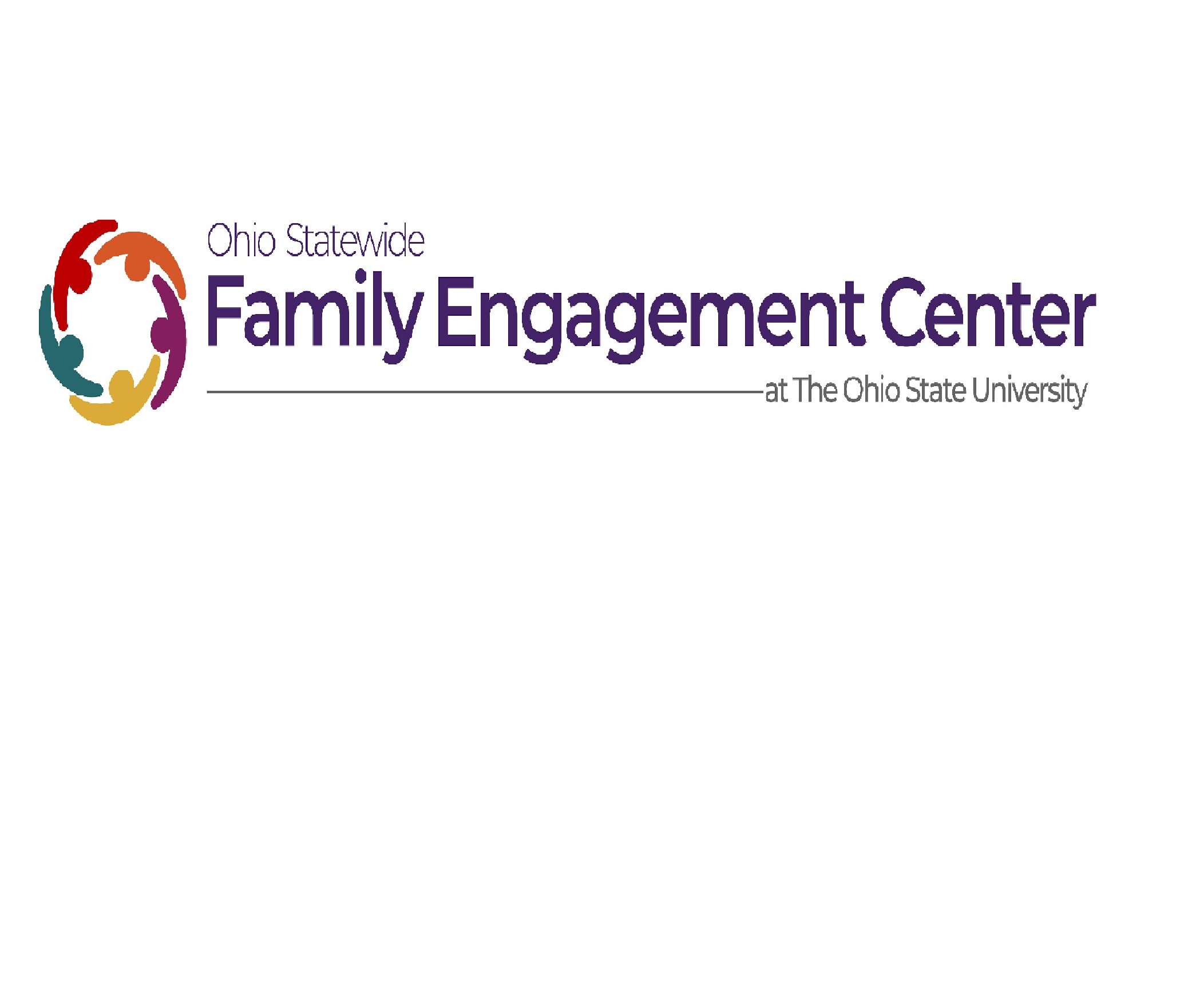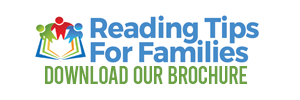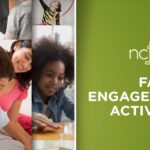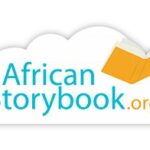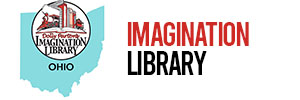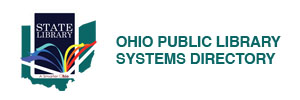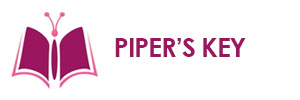
In this tab you can find activities, games, stories, and resources to engage your children according to different age levels. These resources can help your child get excited about reading and learning to read.
These activities are targeted for children who may need additional help with reading.
.
Dyslexia Communication Tools for Schools
Dyslexia Resource Guide for Ohio Families
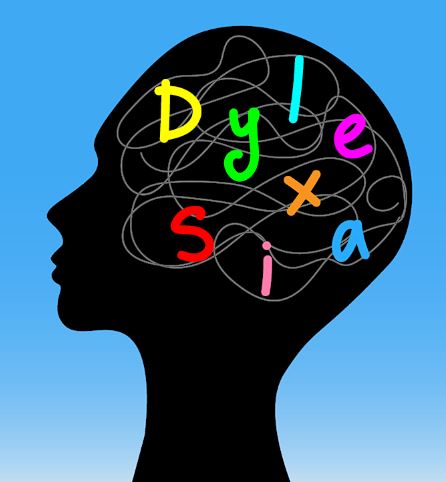
What is dyslexia?
Dyslexia is one of the most common learning disabilities. People with dyslexia have many strengths, but have unexpected trouble learning to read. These difficulties are not related to a person’s intelligence or motivation. Children with dyslexia can learn to read. Families, early childhood teachers, or kindergarten teachers are often the first to notice children having difficulty with talking or learning at school. It is important to pay attention to potential signs that a child may have dyslexia. Children with dyslexia can show any mix of signs. While any one sign does not necessarily mean your child has dyslexia, it is important to talk with your child’s teachers if you have concerns.
Unite for Literacy
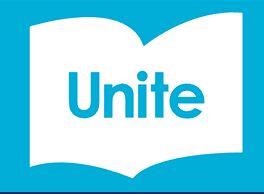
At Unite for Literacy, we picture a world where all children have access to an abundance of books that celebrate their languages and cultures and cultivate a lifelong love of reading.
Unite for Literacy has developed the platform, publishing tools, and systems-based strategies that support our public and private sector partners to change the literacy landscape of their communities and optimize the future for all their young children. Our projects build home libraries and support families to develop a daily habit of reading, both of which are key factors in growing lifelong readers.
To accomplish our vision, the Unite for Literacy team brings together expertise from the fields of literacy education, business innovation, strategic planning, and early childhood development. Team members include;
Sesame Workshop Games and Storybooks
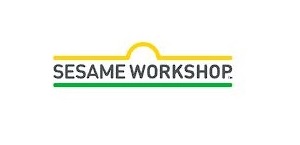
Explore our Games and Storybooks. Help incorporate playful learning into your child’s early education through different kinds of games, storybooks, and interactives that will keep them curious, confident, and excited to explore more.
Read Aloud Resources
ALL Ohio (Advancing Literacy Learning in Ohio) is a compilation of high-quality professional learning resources for Ohio’s P20 education system. ALL Ohio serves as a tool to strengthen educators’ knowledge and skills in evidence-based language and literacy practices grounded in the science of reading.
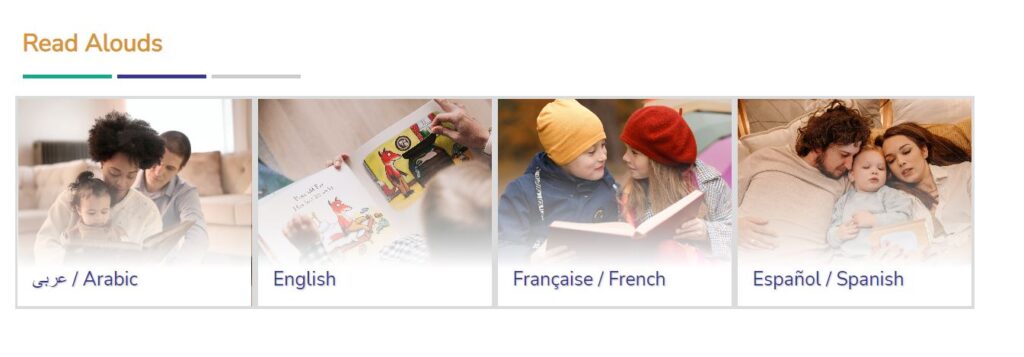
Back To School

Fall is on its way, and it’s time for the school year to begin — and not just for kids, but for parents and teachers, too. Parents can help their young children become acclimated to the newness of school and ease their older kids back into familiar school-day routines. If you’re a teacher — whether a novice or an old pro — Reading Rockets has ideas and resources to help you get ready for the best school year yet.
Why is it important to read over the summer?
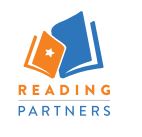
- Research shows that students can maintain or improve reading skills when they are out of school for the summer.
- Access to books over the summer increases reading opportunities and enjoyment of books, and helps students be ready for next school year.
- Students who read at least five books during the summer can maintain important literacy skills.
Ohio’s Dyslexia Guidebook
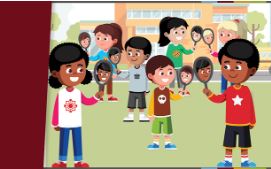
Ohio’s Dyslexia Guidebook is available now. As required by Ohio law, Ohio’s Dyslexia Guidebook contains best practices and methods for universal screening, intervention and remediation for children with dyslexia or children displaying dyslexic characteristics and tendencies. Districts and schools should use the guidebook to access critical information for successful implementation of Ohio’s dyslexia support laws.
10 Tips to Introduce Reading to a Young Child Who Is Blind or Visually Impaired
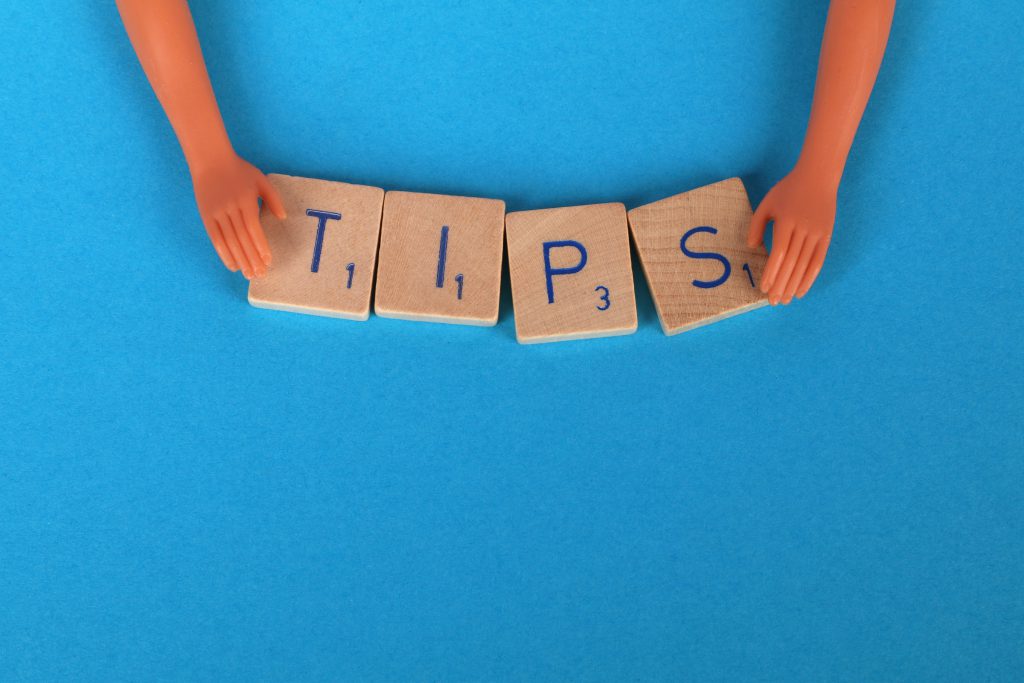
One of the first and most important things to remember when introducing books and literacy experiences to a young child with a visual impairment is that the child is a child first. While there are certain tips and techniques that will make reading more meaningful and pleasurable for children who are blind or visually impaired, many of the same principles apply to ALL children. Sharing quiet time together with a family member, teacher or other special person enjoying stories that are funny or interesting is something that all of us love, regardless of our age or the amount of vision we have.
Empowering Parents
If you have a child who is a struggling reader, your family is not alone. Learning to read is a challenge for almost 40 percent of kids, and an even bigger challenge for their parents.
Empowering Parents, a PBS special hosted by Al Roker, visits schools in Huntingtown, Maryland, and Portland, Oregon, to see how families learn to identify early signs of reading problems and find ideas for getting their kids the help and support they need to succeed at reading.
Ten Things to Help Your Struggling Reader
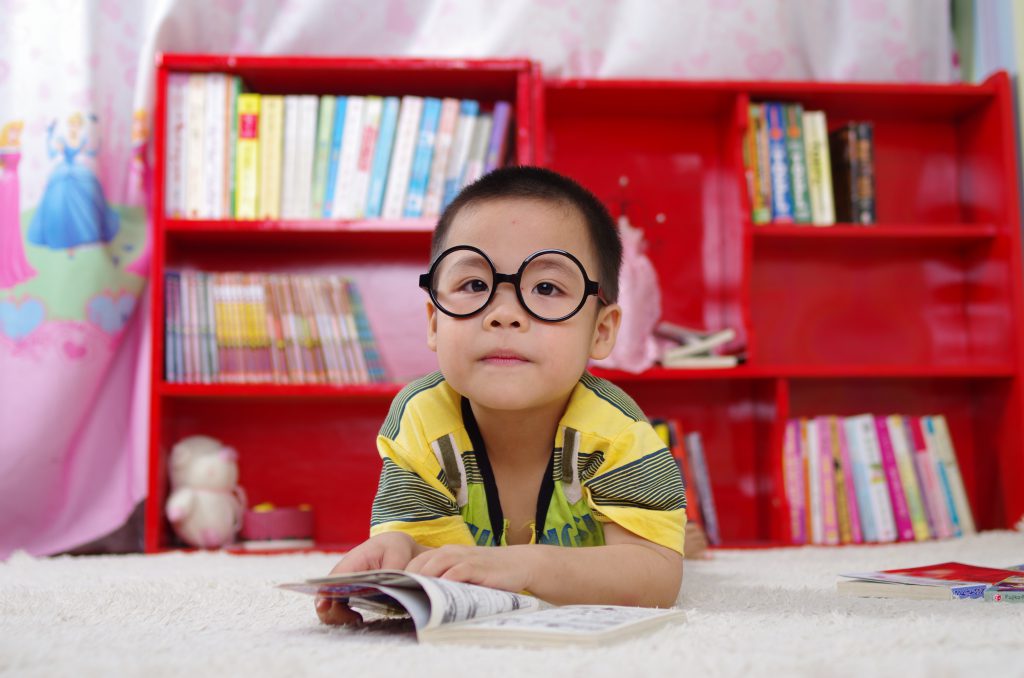
As a special education teacher who teaches struggling readers with different disabilities, I’m often crafting mental lists of things I wish parents knew about their dyslexic children. Most important, I am eager for the parents of my students to understand that their children can and will learn to read, but it will take time.
Defining Dyslexia
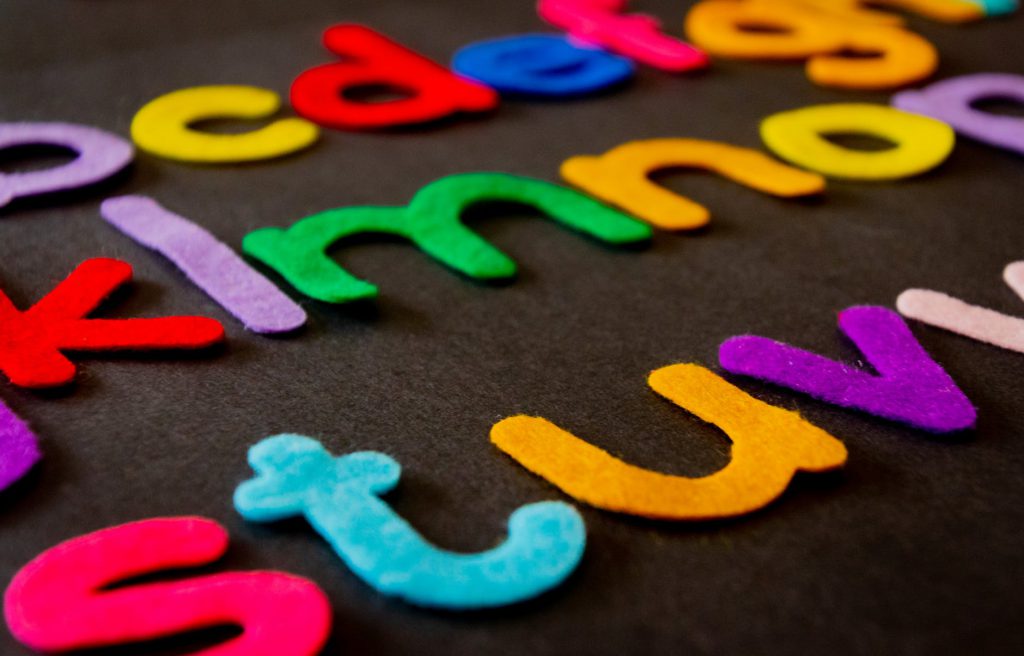
Dyslexia is a brain-based learning disability that specifically impairs a person’s ability to read.
Defining Dyslexia
Dyslexia affects about one in every five individuals, making it the most commonly diagnosed learning disability. Dyslexia affects the brain areas associated with detection and processing of sounds and their corresponding letters. These letter-sound linkages are fundamental to reading. When these brain regions do not function efficiently to make these connections, reading development is affected.
- For Parents and Families- Dyslexia
- Route to Reading- Tune-up at Home
- Understanding Dyslexia
- Understanding Dyslexia: Myth vs. Facts
- Understanding Dyslexia: What are the Effects of Dyslexia
- Can a young child (under age 6) be diagnosed with dyslexia or at that age is the focus on recognizing warning signs?
- Does Special Education law include dyslexia?
- What can we do to combat the stigma of dyslexia?
- What do we know about what’s different in the brain of a person with dyslexia?
- What do you suggest using to support the argument to a school that a dyslexic student needs an Orton-Gillingham based program as part of their IEP? What research or information shows that Orton-Gillingham is the best approach for dyslexia?
- What is the relationship between MTSS and diagnosis of dyslexia? Does MTSS slow down the diagnosis?
- What is your advice to parents of struggling readers?
- Which is more appropriate for students with dyslexia: an IEP or 504 Plan?
Reading tips for parents of children with disabilities

These tips for parents of children with disabilities emphasize the importance of children learning to read.
- Tips for Parents of Children with Speech and Language Problems
- Tips for Parents of Children with ADHD
- Tips for Parents of Children with Autism Spectrum Disorder
- Tips for Parents of Children with Hearing Loss or Deafness
- Tips for Parents of Children with Low Vision or Blindness
- Tips for Parents of Children with Intellectual Disabilities
- Tips for Parents of Children with Cerebral Palsy
Reading & Writing Difficulties

Learning to read and write can be very difficult. There are a wide variety of reasons why a child may be having a hard time. These articles provide tips on how to get support and advice if you think your child may need some extra help.
Concerned About Your Child’s Development?
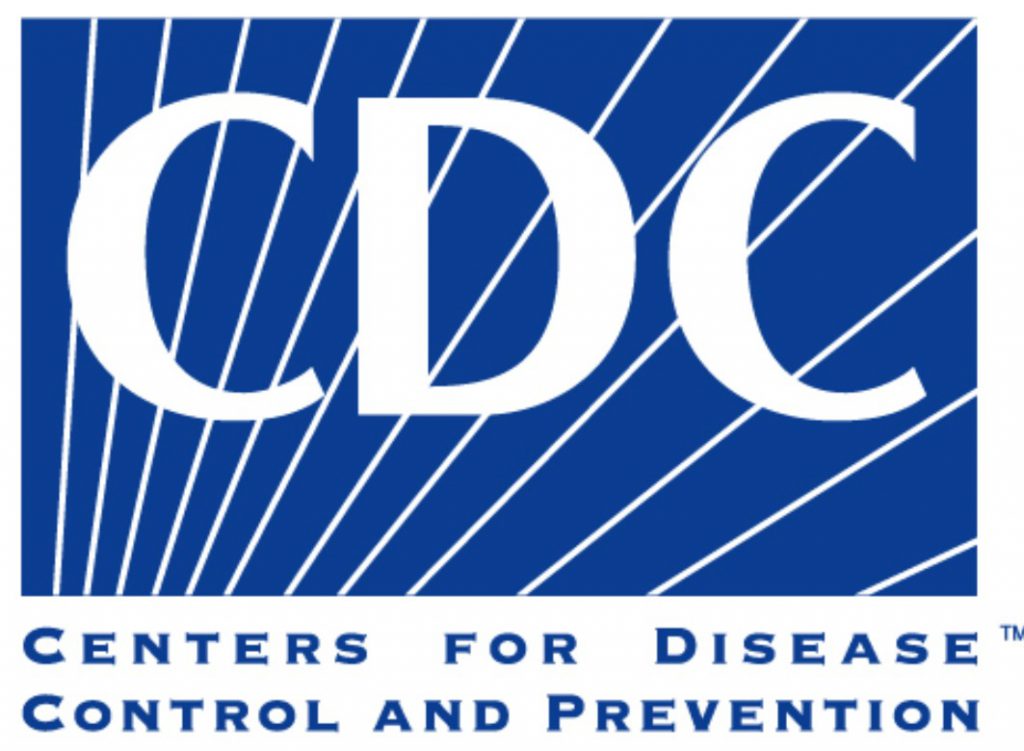
Talk to Your Child’s Doctor
As a parent, you know your child best. If your child is not meeting the milestones for his or her age, or if you think there could be a problem with the way your child plays, learns, speaks, acts, and moves talk to your child’s doctor and share your concerns. Don’t wait. Acting early can make a real difference!
Centers for Disease Control and Prevention (CDC) Milestones

Skills such as taking a first step, smiling for the first time, and waving “bye bye” are called developmental milestones. Children reach milestones in how they play, learn, speak, act, and move (crawling, walking, etc.).
Click on the age of your child to see the milestones:
Understanding why kids struggle with reading
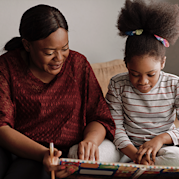
The process of learning to read isn’t easy. When kids struggle with reading, it doesn’t mean they’re not smart. It also doesn’t mean they’re lazy. In fact, kids who have trouble reading are often trying as hard as they can.

